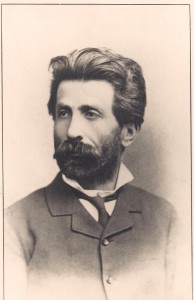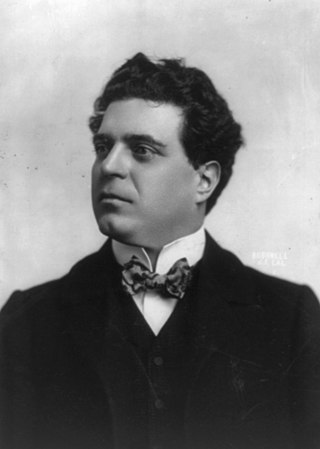
Pietro Mascagni was an Italian composer primarily known for his operas. His 1890 masterpiece Cavalleria rusticana caused one of the greatest sensations in opera history and single-handedly ushered in the Verismo movement in Italian dramatic music. While it was often held that Mascagni, like Ruggero Leoncavallo, was a "one-opera man" who could never repeat his first success, L'amico Fritz and Iris have remained in the repertoire in Europe since their premieres.
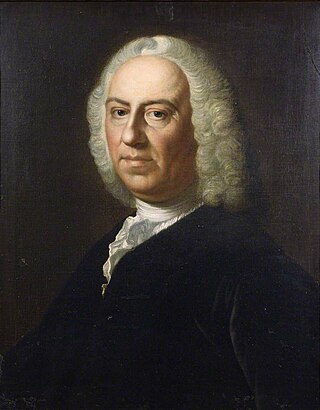
Francesco Xaverio Geminiani was an Italian violinist, composer, and music theorist. BBC Radio 3 once described him as "now largely forgotten, but in his time considered almost a musical god, deemed to be the equal of Handel and Corelli".

George Whitefield Chadwick was an American composer. Along with John Knowles Paine, Horatio Parker, Amy Beach, Arthur Foote, and Edward MacDowell, he was a representative composer of what is called the Second New England School of American composers of the late 19th century. Chadwick's works are influenced by the Realist movement in the arts, characterized by a down-to-earth depiction of people's lives.
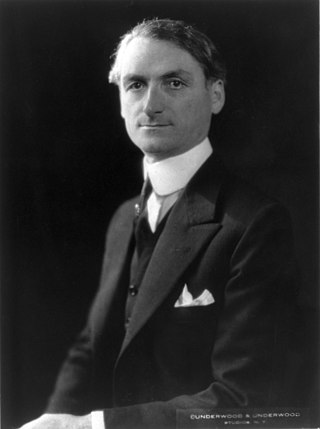
Italo Montemezzi was an Italian composer. He is best known for his opera L'amore dei tre re, once part of the standard repertoire. It is now seldom performed.

Francesco (Franco) Antonio Faccio was an Italian composer and conductor. Born in Verona, he studied music at the Milan Conservatory from 1855 where he was a pupil of Stefano Ronchetti-Monteviti and, as scholar William Ashbrook notes, "where he struck up a lifelong friendship with Arrigo Boito, two years his junior" and with whom he was to collaborate in many ways.
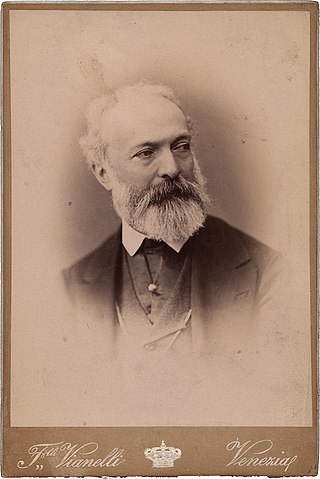
Antonio Bazzini was an Italian violinist, composer and teacher. As a composer, his most enduring work is his chamber music, which earned him a central place in the Italian instrumental renaissance of the 19th century. However, his success as a composer was overshadowed by his reputation as one of the finest concert violinists of the nineteenth century. He also contributed to a portion of Messa per Rossini, specifically the first section of II. Sequentia, Dies Irae.
Giuseppe Farinelli was an Italian composer active at the end of the 18th century and the beginning of the 19th century who excelled in writing opera buffas. Considered the successor and most successful imitator of Domenico Cimarosa, the greatest of his roughly 60 operas include I riti d'Efeso, La contadina bizzarra and Ginevra degli Almieri. More than 2/3 of his operas were produced between 1800 and 1810 at the height of his popularity. With the arrival of Gioachino Rossini his operas became less desirable with the public, and by 1817 his operas were no longer performed. His other compositions include 3 piano forte sonatas, 3 oratorios, 11 cantatas, 5 masses, 2 Te Deums, a Stabat Mater, a Salve Regina, a Tantum ergo, numerous motets, and several other sacred works.

Alessandro Siciliani is an Italian conductor of opera and symphonic music. He is also a composer of symphonic music. Siciliani was born in Florence, Italy, the son of Ambra and Francesco Siciliani, the celebrated opera impresario. Siciliani currently resides in Columbus, Ohio, where he was the music director of the Columbus Symphony Orchestra from 1992 to 2004.
Riccardo Piacentini is an Italian composer and pianist, professor of Composition at the Milan Conservatory.
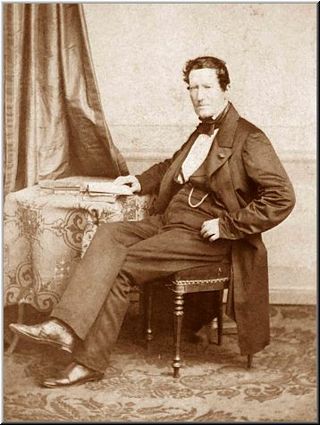
Joseph Daussoigne-Méhul was a French composer and music educator. He served as the first director of the Royal Conservatory of Liège from 1826–1862; having been appointed to that post by William I of the Netherlands. In addition to his duties as director, he also taught courses in harmony and composition at the school. Among his notable pupils were Adolphe and Caroline Samuel, César Franck, and Jean-Théodore Radoux, the latter of whom succeeded him as conservatory director. In 1859, he was made a Commander of the Order of Leopold.

Marcello Abbado was an Italian pianist, composer, conductor and academic teacher. His compositions include several orchestral works, two ballets, numerous pieces for solo piano, and chamber music. As a pianist, he played in major concert halls of the world. He taught composition at several conservatories, ultimately at the Giuseppe Verdi Conservatory. In 1989 he was awarded the gold medal for Meritorious Culture and Art by the Government of Italy.

Leandro Campanari was an Italian violinist, conductor, composer and music teacher, brother of cellist and baritone Giuseppe Campanari.
Nazario Carlo Bellandi was an Italian music composer, organist, pianist, and harpsichordist.
Alfonso de Elías (1902–1984) was a composer, pianist and pedagogue. He was born and died in Mexico City.
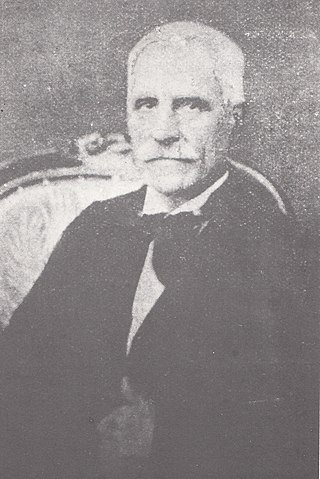
Evangelista Andreoli was an Italian organist, pianist, and teacher.
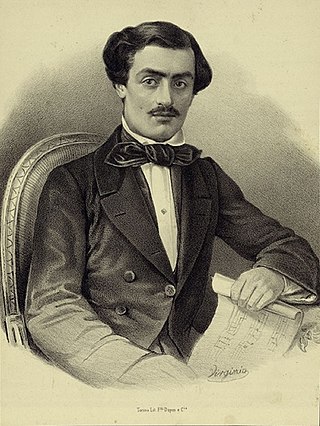
Guglielmo Andreoli was an Italian pianist.

Carlo Andreoli was an Italian pianist.
Giuseppe Andreoli was a Milanese contrabassist.
Achille Longo was an Italian composer and music teacher.

Ferdinando Giorgetti was a composer, violinist, educator and Italian publicist.
